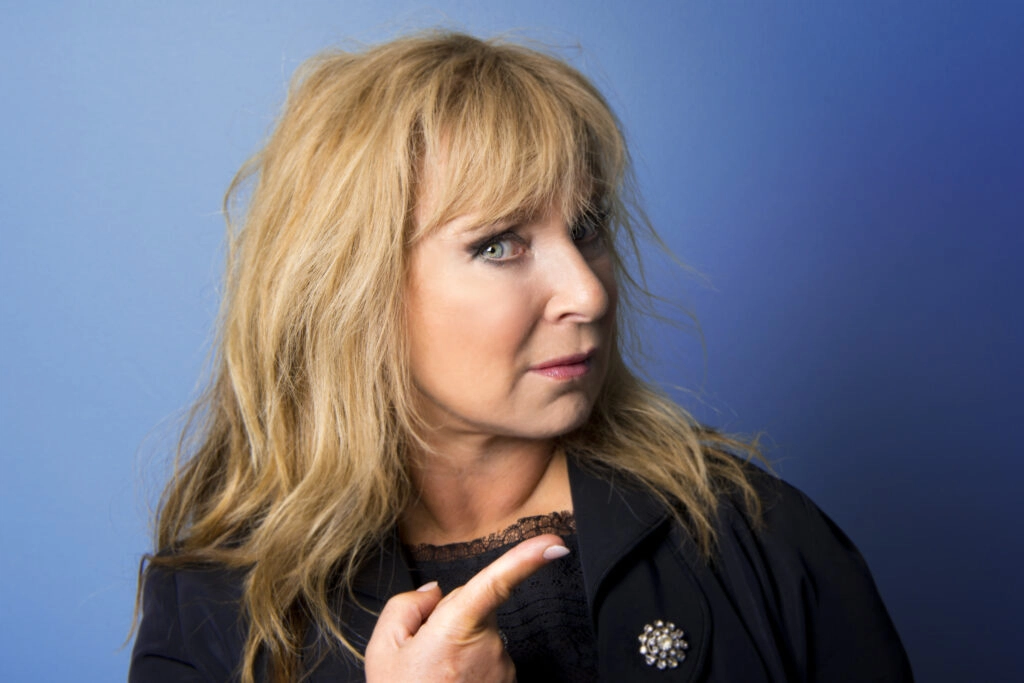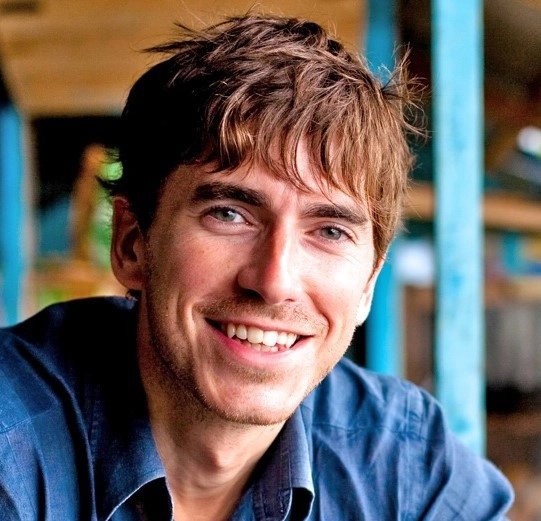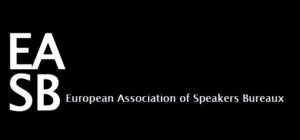Rabbi Laura Janner-Klausner on 'Resilience'
Finding Resilience
It’s time to turn towards resilience. Time to understand that resilience is about far more than coping with adversity. Something that is summed up beautifully by the Latin ‘adversitas‘ – to ‘turn towards’. Resilience is a skill that will help you not only to survive and move on. It will help you progress and thrive not in spite of the difficulty, crisis or suffering but because of it.
Resilience is turning towards something despite the fear. As people, we can manage to ‘bounce back’ or even ‘bounce forward’. As communities and organisations, we can manage to evolve and even blossom after experiencing a shared disaster.
There has always been a need for resilience in times of crisis, stress, pain and loss. Sadly now there is a qualitative difference to the type of resilience we must nurture. However, be cheered.
We can certainly, consciously and consistently, develop our resilience if we practice it every day. Even in the middle of this modern plague.
Our general accelerated pace of change and high-level sustained stimulus, both online and in person, have brought new pressures on each of us. Just as we know that our muscles need time to stretch, relax and heal when we physically push ourselves, the same is true for our emotional ‘muscles’. Our state of almost constant need for alertness and speed of reaction. This means that we have lost the necessary time for emotional recovery. Now we need to match this new reality with a new form of recovery. With the daily strategic resilience that this epoch demands.
Adversity and Change
Let’s have a look at what science and data tell us about adversity. Fifty years of scientific research shows that stress is generally bad for us. This is because it contributes to anxiety disorders, heart disease and depression.
But, there’s a fascinating new ‘Adversity Hypothesis’, stating that we need difficulty, crisis and perhaps even trauma to gain the most strength, the greatest fulfilment and most personality development. his excellent book, ‘The Happiness Hypothesis’, the psychologist, Jonathan Haidt talks about a ‘weak’ and a ‘strong’ version of the Adversity Hypothesis. The ‘weak version’, refers to much of what was the focus of the beginning of this diary – some of the possible benefits of trauma and ‘post-traumatic growth’.
The ‘strong version’ of the Adversity Hypothesis proposes that we have to endure adversity to grow. And that only through experiencing difficulties can people fully develop and that this means we mustn’t over protect ourselves.
Whist data shows that the core changes in some of our personality characteristics can occur after a crisis or tragedy, we only have a small window of time, just a few weeks or months, when we might be more open to change – and attain what is called ‘an inner coherence’.
I know as a rabbi that people often start or renew care for their spiritual selves after a tragedy, particularly a death. Haidt warns us, ‘When tragedy strikes, it knocks you off the treadmill and forces a decision: Hop back on and return to business as usual, or try something else? Many people change their goals in the wake of adversity; they resolve to work less, to love and play more’. Haidt then continues to give the reason why we can change through adversity and trauma. ‘Trauma often shatters belief systems and robs people of their sense of meaning. In so doing, it forces people to put the pieces back together, and often they do so by using God or some other higher purpose as a unifying principle.”
Family and Resilience
Family structures in the UK have gone through a revolution, with nearly a third of people living on their own. This has, in turn, transformed the meaning of family so that many people expand it to include those who are not biologically family or legally defined as ‘family’.
Family is central to Judaism and although families can be an inspiration, Judaism is clear that families can also be a source of potential disappointment, even depletion. I love this as it is a realistic way of portraying family. A recognition that every family is, in reality, a mixture of positive and negative.
The stories of Genesis hold some of the core values that Jewish communities, like many others, have been built around for centuries. The value of honesty is obvious. There is no airbrushing of these characters, presented in their rawest form.
Most important to me, however, is the value of having integrated into our collective Jewish psyche, if there is such a thing, the reality of families who can be so overwhelmingly flawed as our Genesis ancestors were. We can turn to figures from our past and know that however much these people’s actions departed from our ideals, they were still accepted and upheld as models to be in debate and relationship with.
The Importance of Relationships to Resilience
When I turn to my ‘family of origin’ (i.e. the Janners and not the Janner-Klausners), I recognise how deeply their influence has determined my personality – my reactions, my capacities and my lack or possession of resilience. I feel better having mixed emotions about my family (just like anyone’s) because of the examples of those Genesis families. The Torah families that have added their voices and stories to my own family.
Those Genesis families have gifted the world with a normalisation of the grittiness that underpins all modern day families. This is resilience through realism rather than idolisation of the past that warps the present.
This might be the most difficult question to ask ourselves. Particularly when so much pain can emanate from painful family experiences,. And especially when many might have happened at an age when we were too young to be able to remember them clearly.
Judaism places family centre stage in the cast list of vital relationships. Even when we want to escape our families, the Torah, teaches that there’s no enduring liberation from those ties. There’s no escape when Jacob runs away from his brother Esau after robbing him of his birth right or when Joseph is thrown into a pit by his brothers. Instead, in both cases, they were brought inextricably together. These Biblical brothers were destined to meet again in the future.
The first resilience lesson from the Book of Genesis is that there’s no escape from the past but only the glorious possibilities of what you do with the past you inherited.
The author of this blog
Rabbi Laura Janner-Klausner is the former Senior Rabbi to Reform Judaism. An impressive and inspirational speaker, she is the UK’s leading female religious leader. Her book, Bitesize Resilience: A Crisis Survival Diary, describes building psychological resilience through overcoming her own crises and having helped others through theirs. She is a podcaster (Rabbi Laura’s Podcast), a national radio and television broadcaster (Thought For The Day, BBC’s The Big Questions) and regularly contributes to written media. Rabbi Laura led the Israeli-Palestinian dialogue in Oslo Peace Process and founded Real Conversations, for Jews and Muslims.
For more information about Rabbi Laura and her availability please call us on +44 (0) 7970 646872 or email enquiries@thespeakersagency.com







